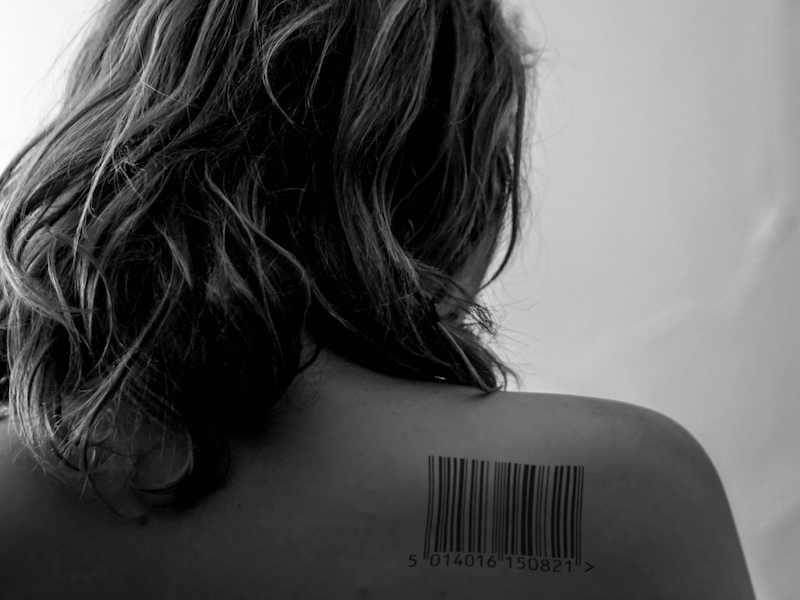
NGOCSTIP – Contribute to the fight against human trafficking by recognizing the importance of collective efforts to eradicate this grave human rights violation. Human trafficking remains one of the most horrific crimes, affecting millions globally and exploiting individuals for forced labor, sexual slavery, and other forms of abuse. However, the issue continues to be overlooked in many communities, and victims remain trapped in silence. As individuals, we all have a responsibility to raise awareness, intervene when necessary, and support efforts to end this crime.
Human trafficking is an insidious crime that transcends borders and social classes. From children and women to marginalized groups, traffickers target the vulnerable, coercing them into slavery-like conditions for profit. The various forms of trafficking, including labor trafficking, sex trafficking, and forced marriage, contribute to widespread exploitation. Despite the magnitude of this crisis, many cases go undetected, with victims hidden in plain sight, often unable to ask for help.
The global scale of trafficking means that it affects every country, yet it remains a largely underreported issue. Lack of awareness and education makes it harder to recognize the signs of trafficking, allowing the perpetrators to continue their activities unchecked. Therefore, it’s vital to raise public awareness and provide the necessary tools for communities to identify and report suspicious activity.
“Read about: Global Anti-Trafficking Initiatives: Progress and Challenges in 2025”
Although the problem of human trafficking may seem overwhelming, everyone has the power to contribute to the solution. Whether you’re a concerned citizen, part of a local organization, or part of a global network, your involvement can make a real difference in combating human trafficking.
The first step in fighting human trafficking is understanding what it is and how it affects individuals and communities. By educating yourself, you can become more aware of the signs of trafficking and spot situations where people may be at risk. Traffickers often prey on the vulnerable, but victims may not always appear obviously distressed, which is why being able to recognize red flags is essential. These signs can include people living in poor conditions, workers who seem controlled by another person, or individuals who appear fearful of authorities.
Once you’ve educated yourself, share that knowledge with others. The more people are aware of human trafficking, the more likely it is that victims will be identified. Start conversations with friends, family, or colleagues, and use platforms like social media to spread awareness. By fostering an informed community, we make it more difficult for traffickers to operate undetected.
“Read more: Education Centered on Children’s Uniqueness”
Recognizing and reporting suspicious activities is a critical step in combating trafficking. If you notice a person acting oddly, appearing controlled, or living in exploitative conditions, it’s important to report it to the relevant authorities. Many trafficking victims are forced to work in businesses such as massage parlors, restaurants, or even private homes. By alerting law enforcement or organizations dedicated to supporting trafficking victims, you might be able to prevent further harm.
Organizations such as the National Human Trafficking Hotline (U.S.) provide a safe and anonymous way to report suspected cases. These organizations rely on tips from the public to identify potential trafficking situations and provide help to victims in need.
A significant way to contribute to the fight against human trafficking is to support organizations that provide services for survivors. These programs often provide critical resources like medical care, housing, counseling, and legal aid, helping trafficking survivors rebuild their lives. You can contribute by donating to anti-trafficking organizations or by volunteering your time to help them further their mission.
Groups such as Polaris, the International Justice Mission (IJM), and A21 work tirelessly to support survivors and ensure traffickers are held accountable. Your support for these organizations ensures that they can continue their vital work.
To combat human trafficking effectively, stronger laws and policies need to be implemented. While some governments have made progress, many countries still lack comprehensive anti-trafficking legislation. Advocate for stronger laws that not only prosecute traffickers but also provide protection and support for victims.
You can start by contacting local representatives and urging them to prioritize the fight against human trafficking. Additionally, supporting businesses that pledge to fight human trafficking in their supply chains can also make a difference. Ethical consumerism and corporate responsibility can help reduce the demand for trafficked labor.
The fight against human trafficking is a daunting but necessary cause. Contribute to the fight against human trafficking by taking small yet meaningful actions—educating yourself, reporting suspicious activity, supporting survivors, and advocating for better laws. You can help end this modern-day slavery. Each person’s efforts count in creating a world where no one is exploited or trafficked. Together, we can build a future where everyone is free from the horrors of human trafficking.